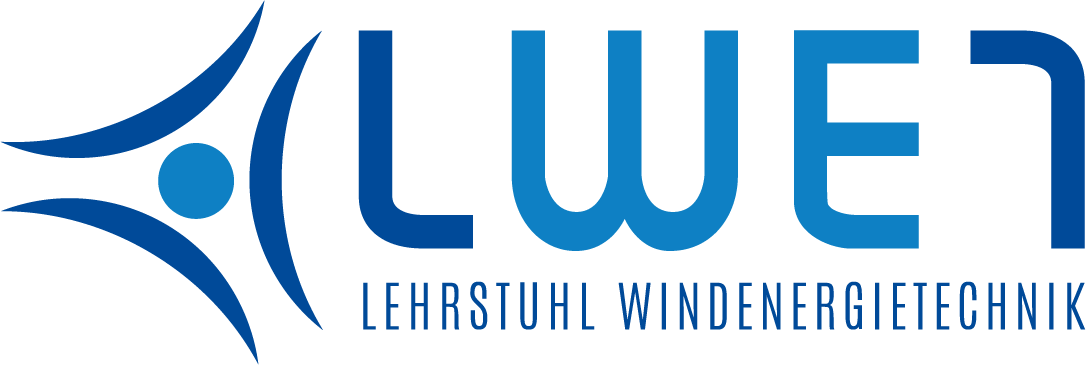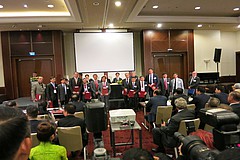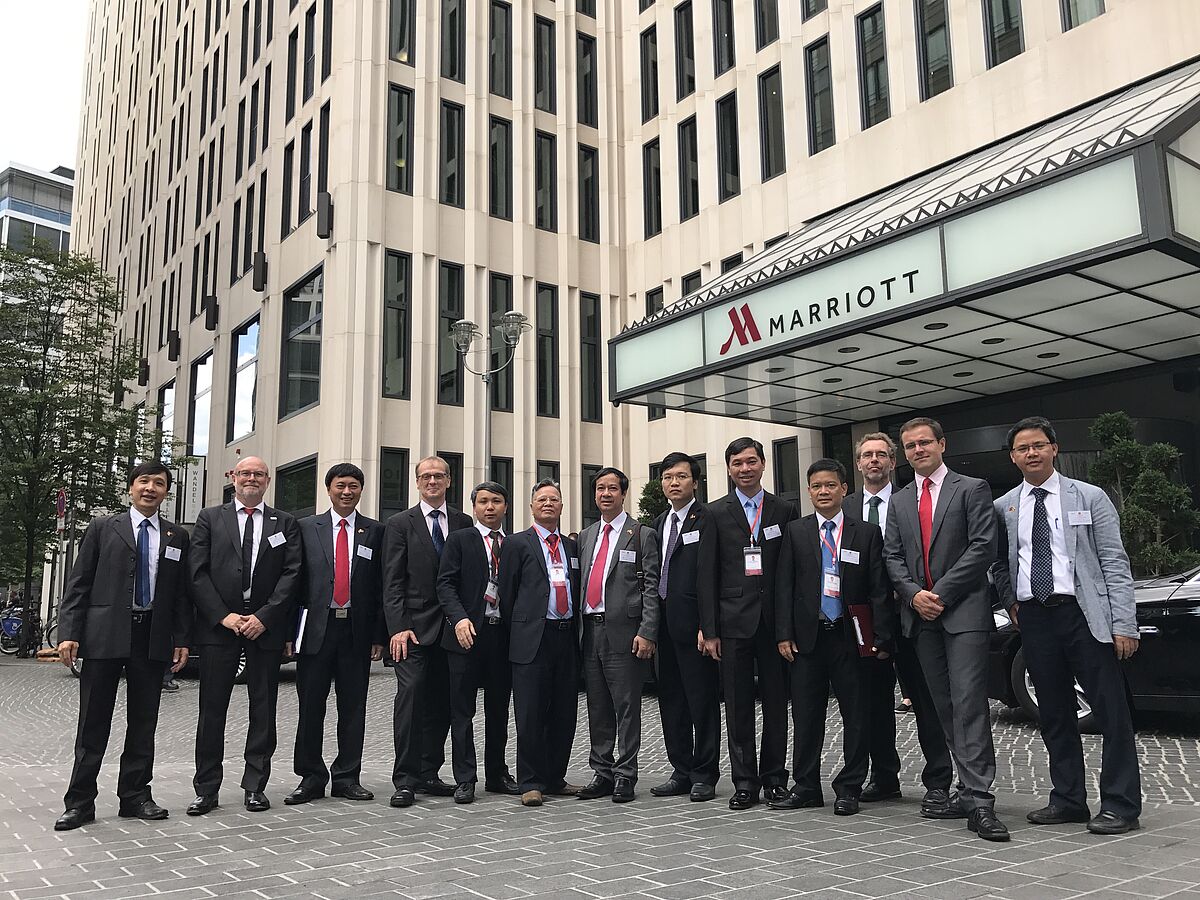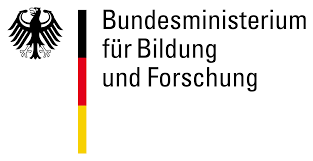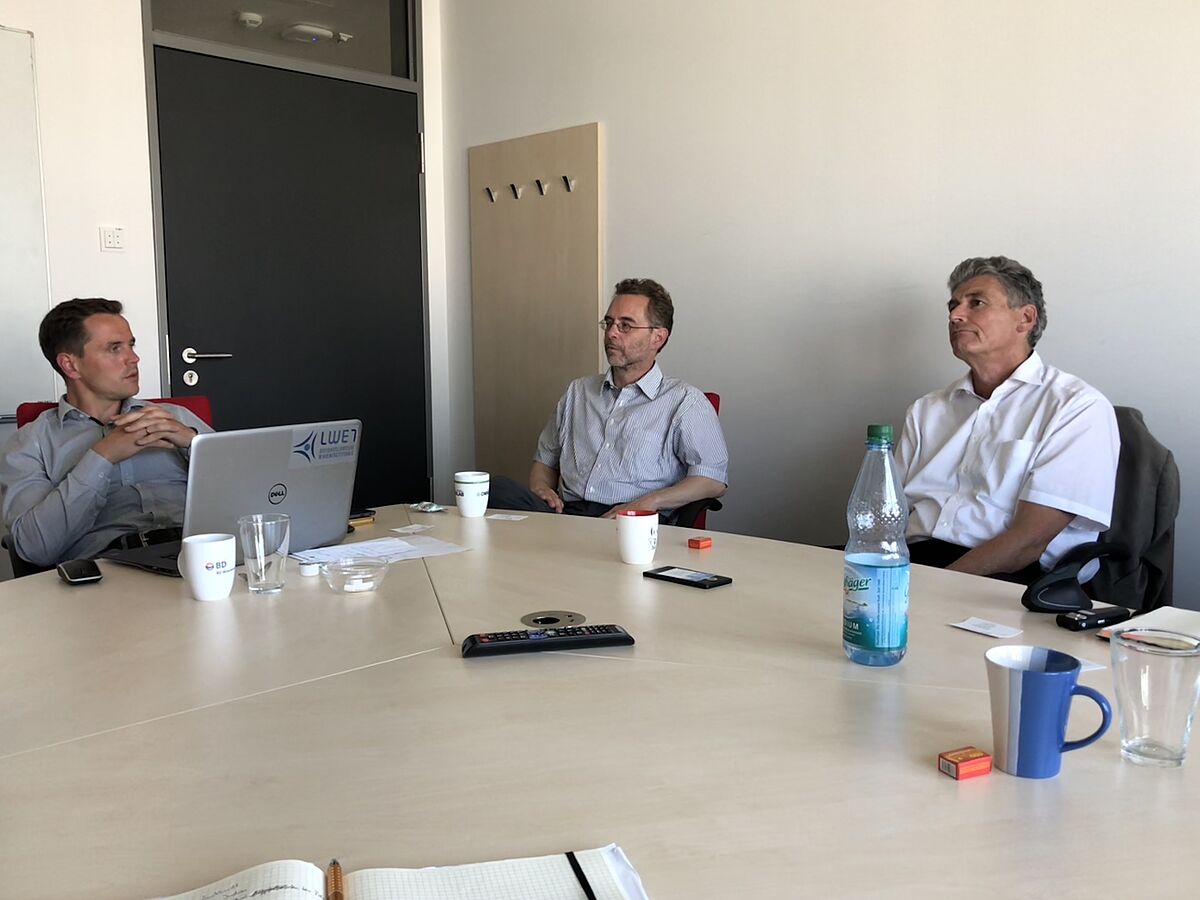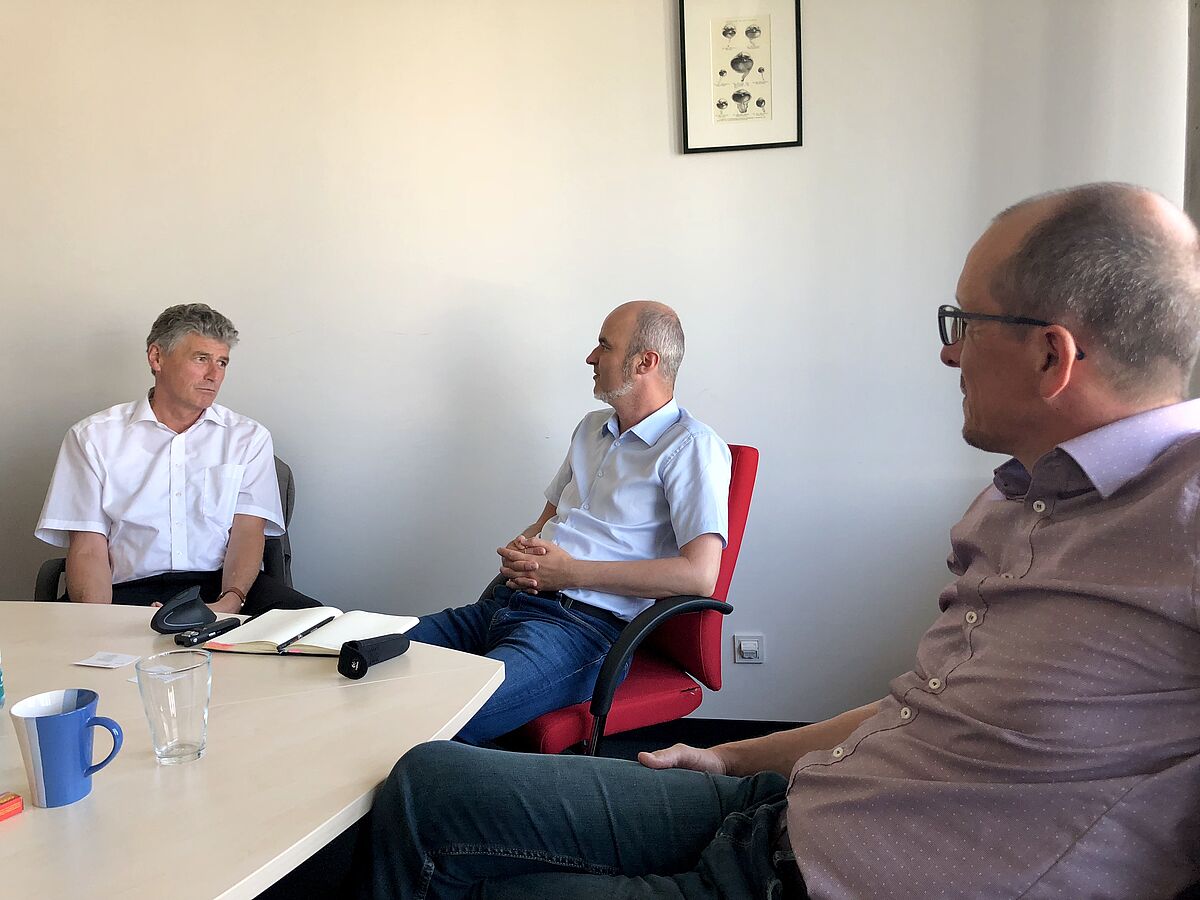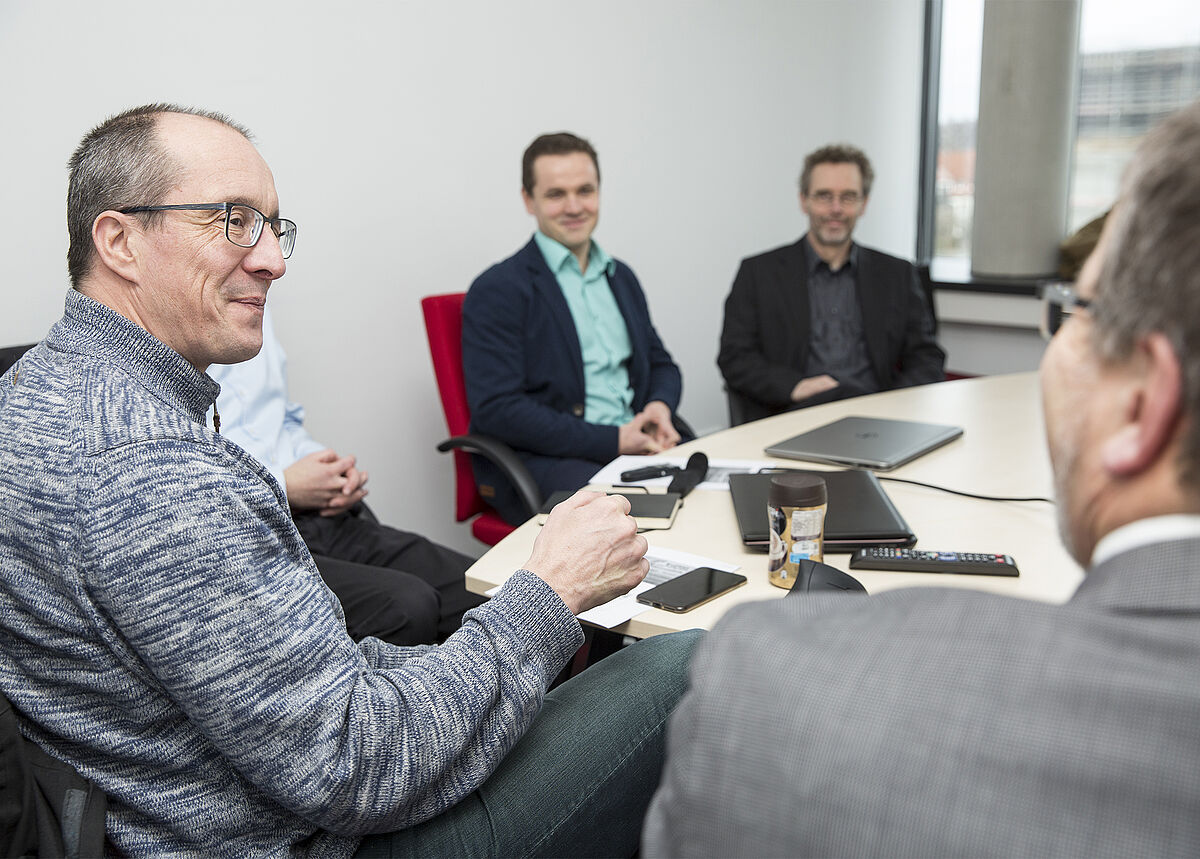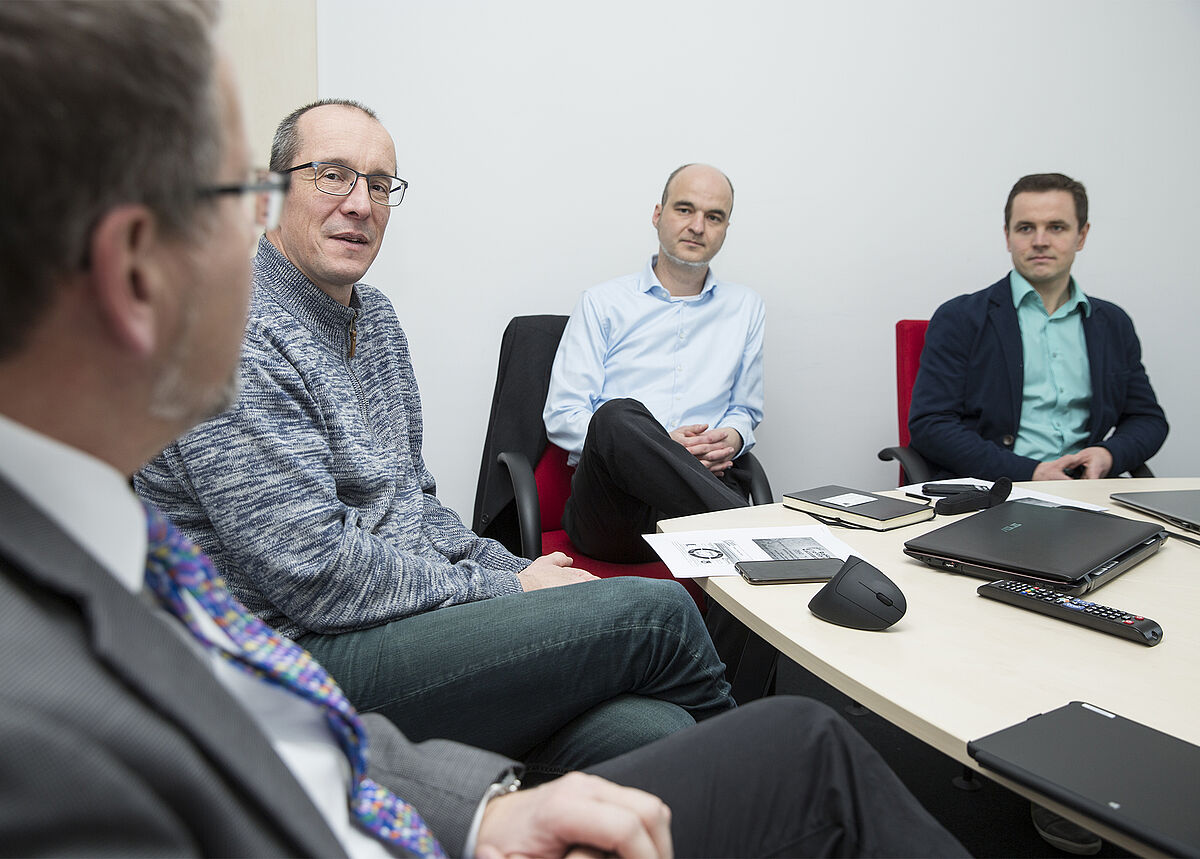Compact and Robust Medium Wind Turbine (CART)
Project Duration: 04/2017 - 09/2017
CART focuses on two project objectives. The first objective is the transfer of knowledge. Fundamental training as well as further education in the fields of wind energy technology and renewable energy is to be established in Vietnam in order to train personnel for the establishment of an entire industry at an early stage. These personnel also support the second project objective, which involves the develop-ment and construction of a compact and robust wind turbine. This plant is the main component of an energy system that will consist of different renewable energy technologies, such as biogas or photo-voltaic plants (sector coupling). For the operation of the WTG (min. 6 months in the project, thereafter by the industry partners), no compensation from power sales is anticipated, since the pilot plant(s) is/are to be used as owner-operated system. The intentionally simply- and robustly-designed WTG shall have a nominal output of approx. 125kW and be driven by a stall-controlled, two-bladed rotor (stall control: power output limitation by stall at the rotor blade profile).
Depending on the area of Application, the system should be suitable for off-grid or grid connected use, in combination with other renewable energy systems and energy storage systems. Therefore, even if the development and erection of the wind turbines are the focus of attention, other technical systems (energy storage, PV plant, biogas plant) intended for the pilot plant for application, research and training purposes, including in the field of sector coupling, should be set up. Knowledge of the project partners can be used to design the individual components of the overall system. It is the preeminent goal of this part of the project to develop an extensive adaptation of the individual components into a stable and functional overall system, as well as the task of modularly developing the elec-trical system consisting of different components. Another requirement is that all system components fit completely, or in part, into a standard 40 ft ISO container to ensure straightforward delivery by ship or truck.
It is desirable to have a high degree of independence from locally available infrastructure, as it is not always possible to assume the availability of the required capacities at the construction site.
The Project Leader Dr.-Ing. Frank Adam will be glad to answer any questions you may have.
Project duration - Phase 1: 04/17 - 09/17
Planned project duration - Phase 2: 04/18 - 03/21
Project Staff: Peter Dierken
28.05.2018: GIZ Head of Asia, Latin America & the Caribbean Joachim Prey informs himself about CART together with MdB Peter Stein
On May 28, 2018, the Head of Asia, Latin America & Caribbean of the German Association for International Cooperation (GIZ) Joachim Prey informed himself about the progress of two major international projects of the University of Rostock. Mr. Prey was presented with the projects "Rostock-Hanoi" (RoHan) and "Compact and Robust Medium Wind Turbine" (CART) as well as possible cooperation with GIZ.
25.01.2018: MdB Peter Stein informed himself about CART
On January 25, 2018, the member of German Bundestag of the state of Mecklenburg-Vorpommern, Peter Stein, informed himself about the progress of two major international projects of the University of Rostock. His focus was on how research institutions in Mecklenburg-Vorpommern take responsibility for sustainable development in emerging economies. The project <link typo3 www.rohan-sdg.com external-link internen>"Rostock-Hanoi" (RoHan) and the project "Compact and Robust Medium Wind Turbine" (CART) are also important milestones in the university's ongoing internationalization strategy.
Peter Stein, a member of the Committee on Economic and Energy Affairs and the Committee on Economic Cooperation and Development of the German Bundestag, comments: "The RoHan project and the CART project are important building blocks in development cooperation. The results and concepts can serve as role models for other regions as well as other developing countries. "
In this sense, the project coordinator Dr. Frank Adam: "CART is an interdisciplinary project with clear intentions for the implementation of climate aims. The knowledge and technology transfer is essential in order to act sustainably. In addition, the cross-border, close cooperation between partners is exemplary and contributes to the project's success. "

